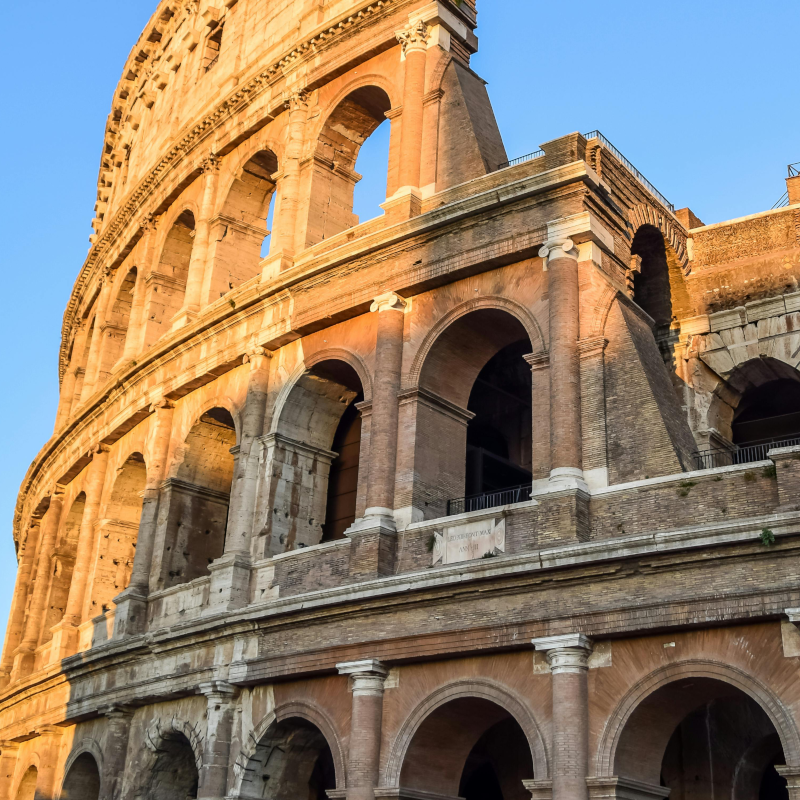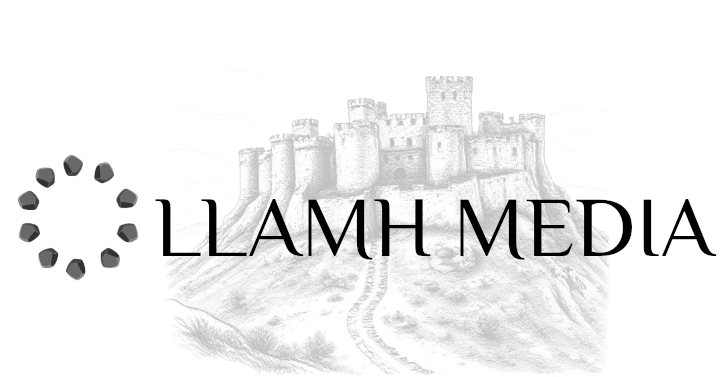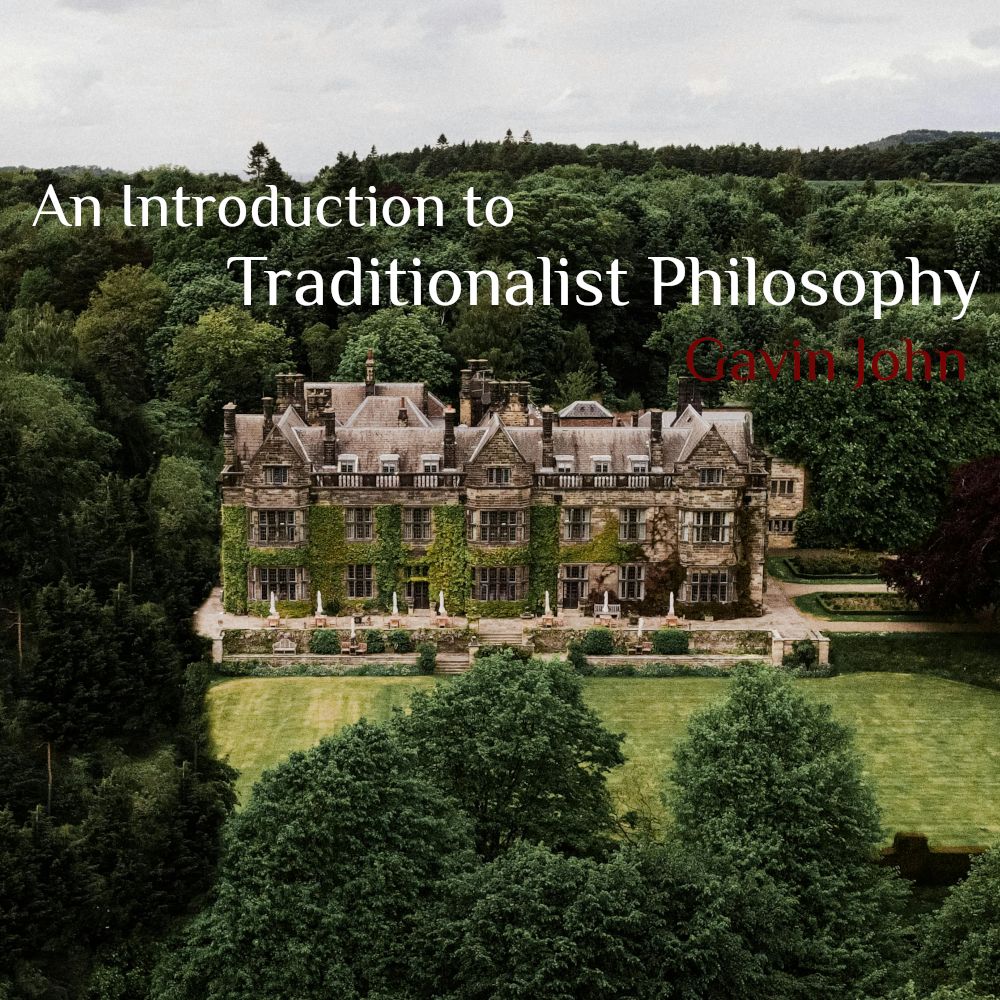What is Traditionalist Philosophy?
Traditionalist philosophy, also known as Perennialism or the Perennial Philosophy, is a metaphysical perspective that emphasises the existence of universal truths and principles shared across different religious and philosophical traditions. It is firmly rooted in the belief that there is a transcendent reality or divine source underlying all existence. Traditionalist thought suggests that humanity’s highest purpose is to align itself with this sacred order.
“HUMANITY’s HIGHEST PURPOSE IS TO ALIGN ITSELF WITH SACRED ORDER”.
Central to traditionalist philosophy is the idea of the “perennial wisdom”, which asserts that core spiritual truths have been transmitted throughout history through various religious and mystical traditions. Religions such as Hinduism, Christianity, Islam, Taoism and others. Traditionalists argue that these teachings are not merely cultural artefacts but represent timeless truths about the nature of reality, the soul and God.
Figueres like Rene Guenon, Ananda Coomaraswamy, Julius Evola and Frithjof Schuon are key exponents of this view, critiquing modernity for its materialism, secularism and departure from the sacred. They argue that contemporary society has lost touch with its spiritual roots, leading to existential disorientation. Traditionalist philosophy advocated for a return to ancient wisdom. Traditionalist philosophers suggested that understanding and practicing these timeless truths is crucial for personal and societal harmony.
Rene Guenon & Traditionalist Philosophy
Rene Guenon (1886-1951) was a French metaphysician and one of the most influential figures in the development of Traditionalist philosophy. His work is grounded in the belief that modern society has deviated from the eternal spiritual truths that once guided human existence. Guenon critiqued modernity for its materialism, secularism and rationalism. Guenon saw these as symptoms of a deeper spiritual crisis. Therefore, he advocated for a return to the metaphysical principles found in ancient traditions and sacred knowledge.
Guenons Traditionalist philosophy revolves around the idea of the “primordial tradition,”. The primordial tradition is a universal spiritual wisdom that underlies all authentic religious and mystical traditions. According to Guenon, these traditions offer insights into the transcendent, eternal realities beyond the physical world. Guenon believes these are necessary for a true understanding of existence. He viewed modernity as a degeneration of these spiritual principles, a “descent” into the material plane. In his view, the role of human beings is to realign with the sacred order, transcending the limitations of the material world to reach a higher state of being. However, Guenons critique of modernity was not just intellectual but spiritual. He was calling for a fundamental transformation of consciousness through initiation into traditional metaphysical teachings.

Julius Evola & Traditionalist Philosophy
Julius Evola (1898-1974) was an Italian philosopher and esotericist whose Traditionalist philosophy is marked by a radical critique of modernity and a focus on spiritual aristocracy. However, though Guenon and the broader Traditionalist School influenced Evola, he developed his own unique perspective. Julius Evola emphasised personal transcendence and idealised the warrior ethos. Evola often spoke about the asceticism of the warrior, which is an idea we will return to. He identified a downward spiral, a decline. This decline was from a supposed spiritual golden age to the degraded modern world focused on materialism, egalitarianism and secularism. We have transcended into the darkest age. This age is the Kali Yuga! The loss of sacred values and disorder represent this dark age.
The concept of the spiritual warrior was Evola’s answer. For instance, the spiritual warrior is to save society through the embodiment of aristocratic values and the impulse to act. Therefore, they must strive to make change on earth. The idea of becoming a saint and living in the forest is not enough. However, understandably his ideas have been met with controversy. He is often associated with the far right.

Evola vs Guenon
Julius Evola differs from other Traditionalist philosophers, especially Rene Guenon, in several key areas. His emphasis on personal heroism, his political views and his approach to spiritual realisation.
- Individualism & Heroism: Evola’s philosophy emphasises the role of the individual. He believes in an aristocratic path of personal transcendence, where the individual must assert their will and rise above the decadence of modern society through inner strength. However, Guenon places more importance on metaphysical knowledge and initiation into traditional, sacred wisdom rather than personal heroism.
- Politics and Society: Evola’s views on politics are much more radical than Guenon’s. Evola rejected democracy, egalitarianism and liberalism, which he saw as expressions of modern decadence. He advocated for a return to a hierarchical, aristocratic order, often drawing on European warrior traditions and emphasising spiritual sovereignty. Guenon, while also critical of modernity, was less focused on political solutions and more on spiritual renewal.
- Approach to Tradition: While both thinkers emphasise the loss of sacred tradition, Evola’s approach is more militant. He advocates for actively resisting modernity, often through esoteric and martial traditions, while Guenon focuses more on a passive return to timeless metaphysical truths. Evola also embraced the idea of “riding the tiger”, enduring modern chaos while maintaining spiritual detachment, unlike Guenon’s approach of rejecting modernity entirely in favour of immersion in traditional structures.
The Kali Yuga
Traditionalist philosophers, view the Kali Yuga as a critical concept that explains the current state of spiritual and moral decline in the world. Within Hindu cosmology, the Kali Yuga represents the final and darkest age of a four-part cycle in which humanity moves progressively further away from divine principles and sacred order.
An age characterised by materialism, spiritual ignorance, moral chaos and the dissolution of traditional values. For traditionalists, the Kali Yuga is not just a historical period but a metaphysical state reflecting humanity’s detachment from eternal truths. An era of profound degeneration, secularism replacing the sacred and spiritual order lost in favour of modern ideologies. According to Guenon, the disconnection from metaphysical reality leads to existential confusion, making it difficult for people to align with the sacred.
Julius Evola takes this further, seeing the Kali Yuga as a challenge for the spiritually elite. In his view, while society is in decay, those capable of transcending the chaos can cultivate inner strength and mastery. He advocated a “heroic” approach to the Kali Yuga, suggesting that those who rise above the decline can maintain sovereignty in a corrupt world.


